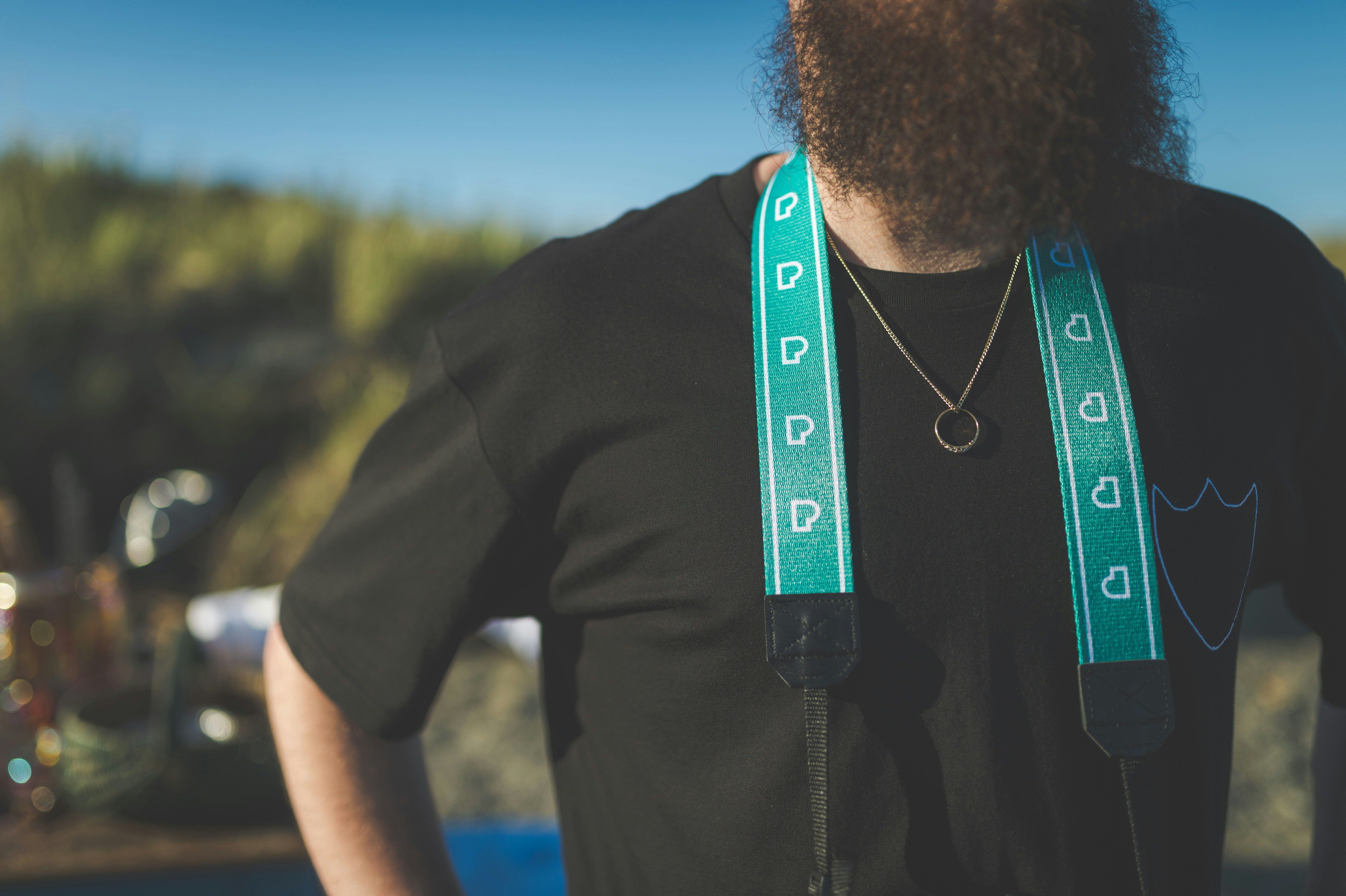Employer Conducts Coffee Tasting During Job Interviews, Rejecting Candidates Who Don't Pass the Test
Uneasiness pervades the current job market, prompting concerns about financial stability, career advancement, and personal growth. The interview process, often riddled with multiple rounds, can further exacerbate anxiety. However, not all employers employ such strenuous procedures during interviews. One Australian boss, Trent Innes, former managing director of Xero Australia, employs an unconventional method to identify suitable candidates – the 'coffee cup test'.
In an interview, Innes offers drinks to candidates and observes their behavior after they finish the drink. His primary focus is whether the candidate offers to return the empty cup to the kitchen. Innes believes this test provides an insight into the candidate's enthusiasm to join the company and their sense of ownership.
According to Innes, around ten percent of candidates fail the test by not offering to return the empty cup. However, his strategy has been met with criticism from experts and job seekers alike. Some argue that evaluating a candidate's ability to be a team player based on a seemingly arbitrary action is unfair and ineffective.
Critics contend that the 'coffee cup test' introduces subjectivity, lack of transparency, and the potential for bias. Additionally, its relevance to actual job skills or qualifications is questionable, as it may prioritize personality traits over competencies. Furthermore, the test's covert nature can increase candidate anxiety, detracting from their ability to present their true capabilities.
While the 'coffee cup test' is contentious, it underscores the growing trend among employers to assess personality fit and mindset beyond formal interview questions. However, experts caution that such informal tests must be used with caution to avoid unfair hiring practices.
In a competitive job market, applicants should be aware of such subtle behavioral probes during interviews. mastering the art of returning an empty coffee cup, or not, could potentially impact their chances of securing a job.
- Financial stability, career advancement, and personal growth are significant concerns in the current job market, leading to uncertainty.
- Trent Innes, former managing director of Xero Australia, uses an unconventional method during interviews to find suitable candidates, called the 'coffer cup test'.
- In the 'coffee cup test', Innes observes a candidate's behavior after they finish a drink, specifically if they offer to return the empty cup to the kitchen.
- Innes believes the test provides insight into a candidate's enthusiasm to join the company and their sense of ownership.
- Despite its unconventionality, the 'coffee cup test' has faced criticism from experts and job seekers for being unfair, ineffective, subjective, biased, lacking transparency, and unrelated to actual job qualifications.
- The trend of assessing personality fit and mindset beyond formal interview questions is growing among employers, but experts advise caution to avoid unfair hiring practices.
- In a competitive job market, applicants should be aware of subtle behavioral probes during interviews to potentially impact their chances of securing a job.
- Education in self-development, career-development, and skills-training could help job-seekers navigate such unconventional recruitment methods and excel in job search and relationships within the business world, encompassing finance, careers, diversity-and-inclusion, leadership, lifestyle, food-and-drink, fashion-and-beauty, and education.





